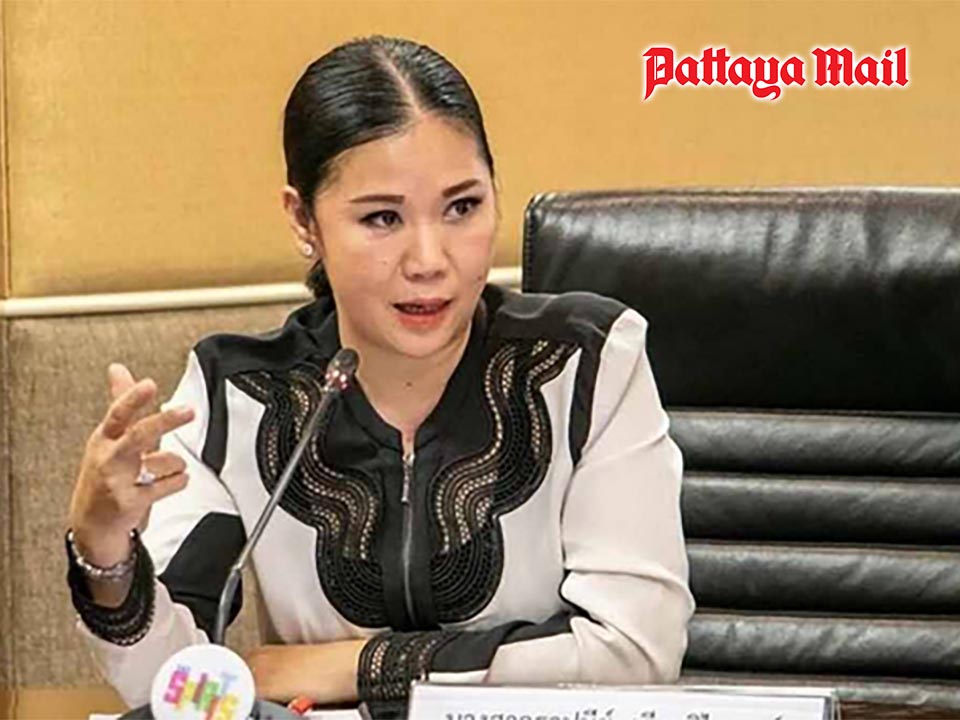Border dispute triggers sharp drop in Cambodian tourists; Thai hotels face booking delays and cancellations
Thapanee reveals that Cambodian tourist arrivals between June 1 and 18 dropped nearly 50% compared to the previous week, following the closure of key border crossings aimed at easing tensions.
SA KAEO, Thailand — The ongoing border dispute between Thailand and Cambodia has led to a noticeable decline in Cambodian tourist arrivals to Thailand, with the Tourism Authority of Thailand (TAT) reporting a 48% drop in visitors during the first half of June following the closure of key border checkpoints.
Thapanee Kiatphaibool, Governor of TAT, revealed that between June 1 and June 18, 2025, the number of Cambodian tourists entering Thailand decreased sharply by nearly half compared to the previous week. The Thai government’s decision to close certain border crossings on June 7 to ease tensions has had an immediate effect on cross-border travel.
Year-to-date figures show that from January to May 2025, Cambodia’s tourist arrivals fell by 14% compared to the same period last year, dropping from 228,982 to 197,658 visitors. The daily average of Cambodian tourists entering Thailand also declined, from 1,500 per day last year to 1,200 this year.
Aranyaprathet district in Sa Kaeo province, a key gateway for tourists traveling between the two countries, has seen a slight decrease in hotel occupancy rates. Many travelers who typically stay overnight before crossing into Cambodia have postponed or canceled their trips.
The situation has also affected domestic tourism in neighboring provinces. For instance, the Phu Prasat historical site in Ubon Ratchathani experienced fewer visitors, as safety concerns near the border caused some Thai tourists to reconsider their travel plans.
Despite these disruptions, TAT officials emphasize that there has been no need for special security measures beyond existing border controls. Travelers from nearby provinces, who are familiar with the ongoing situation, have gradually resumed normal travel patterns, easing earlier anxieties.
Other border provinces such as Surin have not reported significant changes in tourist behavior, as locals are accustomed to periodic tensions in the region.
Governor Thapanee concluded that while the border dispute has created localized impacts, Thailand’s overall tourism sector remains resilient, with continued efforts to monitor and support affected areas.



